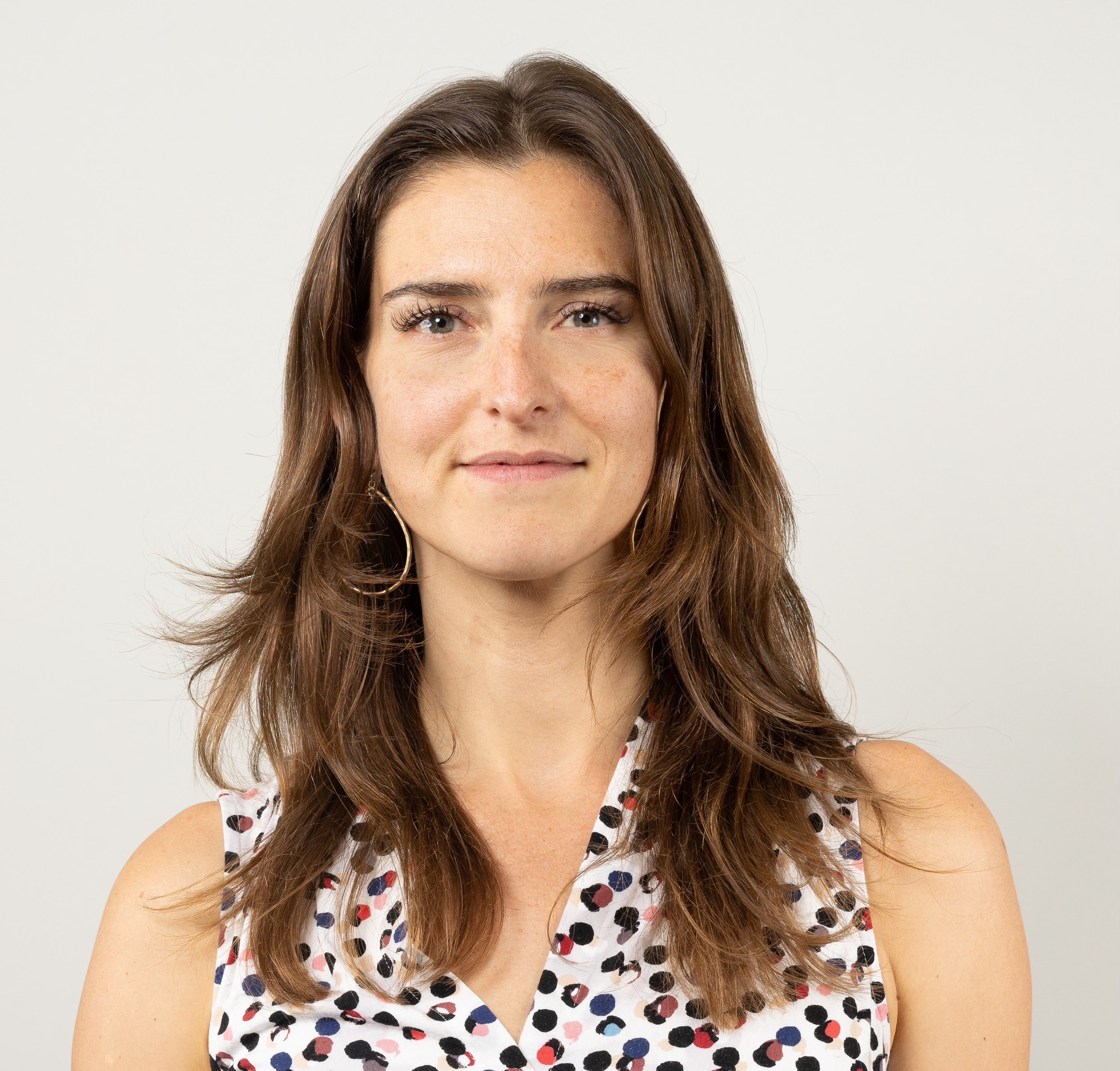Celebrating World Mental Health Day
- Shannon Lantzy

- Oct 12, 2023
- 2 min read
Pure mental health (sometimes known as nirvana, enlightenment, or heaven) is knowing, and nonetheless deciding. I'm celebrating the pursuit of that unattainable ideal.

It's World Mental Health Day. What is mental health? In my googling for a definition, I found the results rather lacking. Most results seemed to define mental health in terms of what it is not (including those from Forbes, the Substance Abuse and Mental Health Services Administration [SAMHSA], and the World Health Organization [WHO]). I liked the WHO definition the best:
Mental health is a state of mental well-being that enables people to cope with the stresses of life, realize their abilities, learn well and work well, and contribute to their community. It is an integral component of health and well-being that underpins our individual and collective abilities to make decisions, build relationships and shape the world we live in. I like that WHO included the ability to make decisions as part of the definition. However, this leaves out why mental health is hard to achieve. It is because with every new bit of information about the world we have to integrate the information into our decision-making framework (including our values, beliefs, theories, and mental models). Our decision-making framework tells us what is good and what is not good, with an ever-increasing understanding of the world. In other words, we have to be able to say "This option is good" and that is hard. Frankly, it is just too much work for a mere mortal.
And yet, we (we medtech, we innovators, we regulators, we creators) persist in making decisions. We use decision aids to make decision-making easier. Here are a few crutches used in medtech:
Does the FDA require it?
What do the statistics tell me?
Will this make my boss pleased and help me get promoted?
These crutches are substitutes for the better decision aids:
Which option is better aligned with my mission and values?
Which option is going to cause more good than bad?
The latter two are EXHAUSTING to apply to every single decision, and impossible to apply without perfect information. We know new technologies will come with risks. We try to know the risks and make decisions that minimize risk and maximize benefit. We sometimes know, with absolute certainty, that bad things will happen due to our decisions, and yet we make them anyway in hopes that the total benefit will be positive. It is the mark of the mentally healthy to seek sufficient knowledge of the benefits and the risks and then make a decision. It is the mark of a less mentally healthy person to either: (1) make the decision while not knowing (or pretending not to know) the benefits and risks; or (2) not make the decision at all.
We are all guilty of suboptimal decision-making. We all deserve mental health (WHO declares it a human right). Personally, I invest heavily in my mental health. I have a rich set of friendships, a psychologist, a business coach, a parenting coach, and a deep commitment to growth and work. I believe in our capacity to make a positive impact on the world (aka optimism), and the pursuit of "better" (aka optimizing).
I wish you a wonderful World Mental Health Day.
~Shannon, the Optimistic Optimizer


